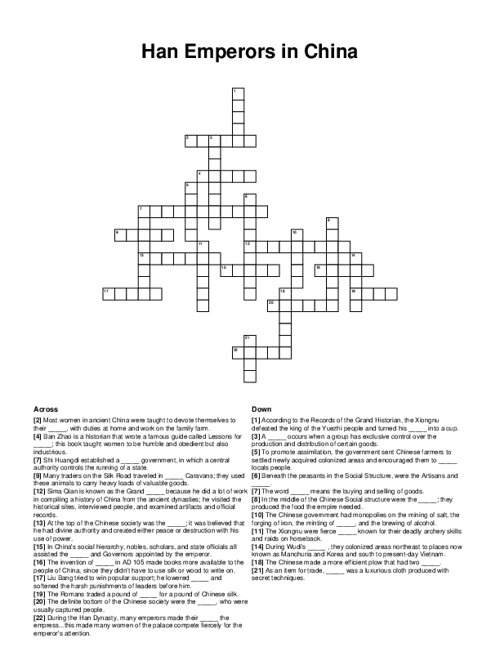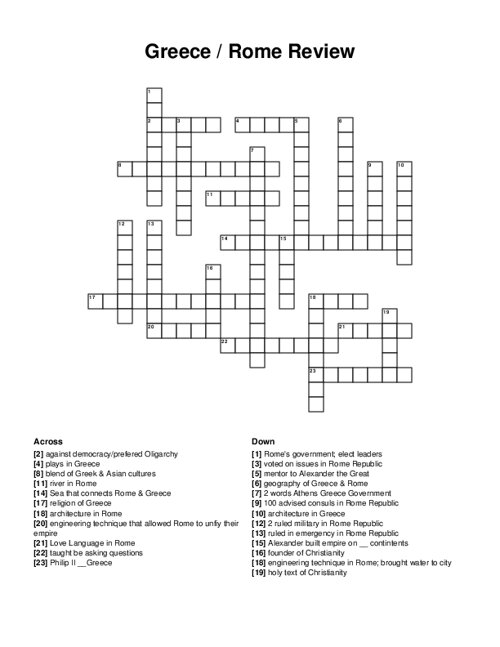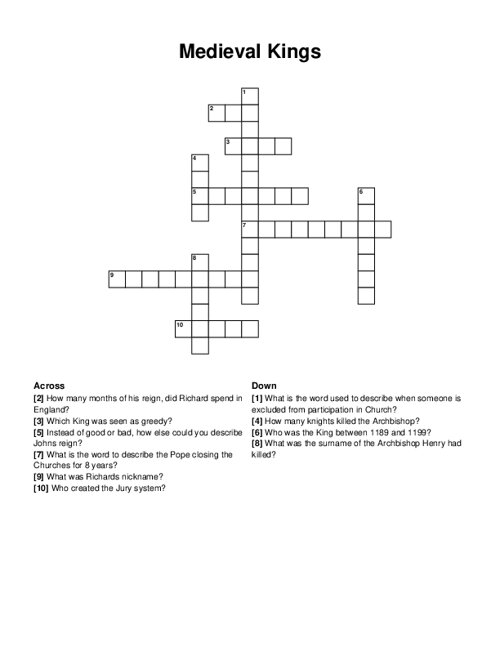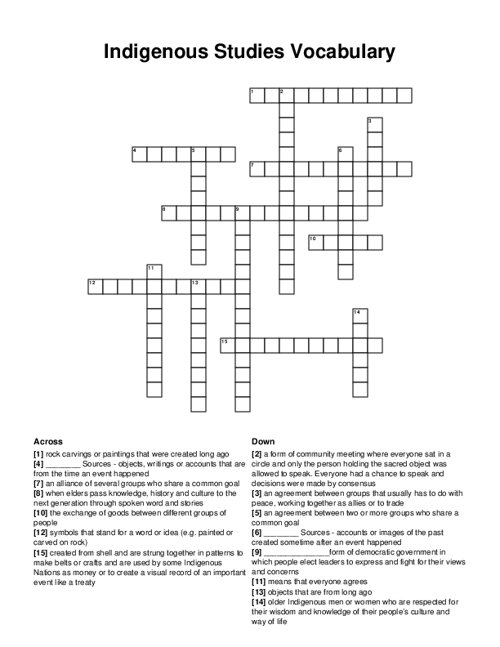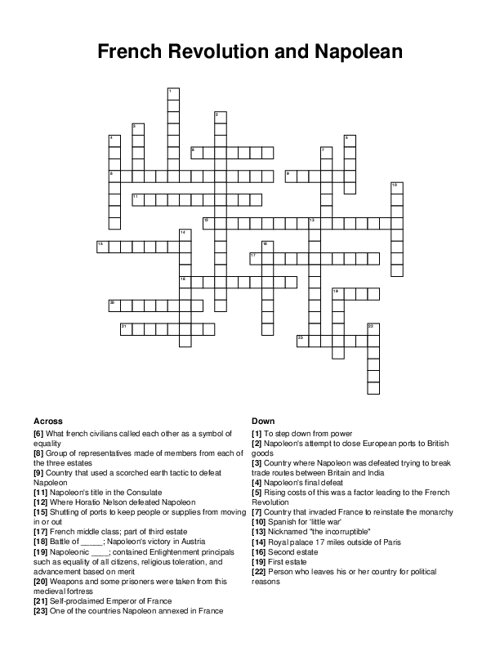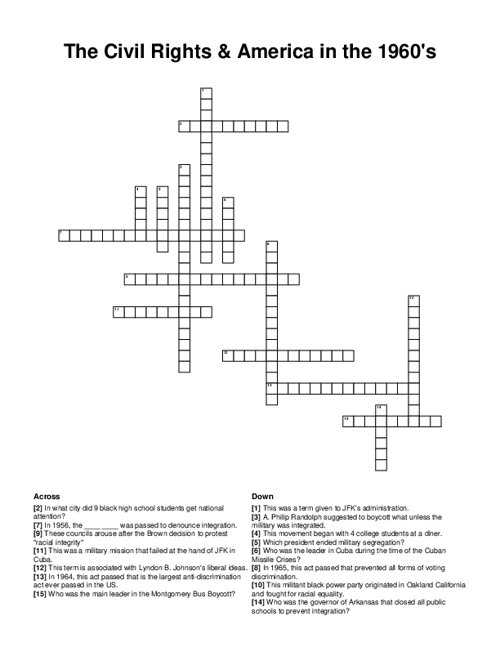Han Emperors in China Crossword Puzzle
Download and print this Han Emperors in China crossword puzzle.
Related puzzles:
QUESTIONS LIST:
- merchants : beneath the peasants in the social structure, were the artisans and _ .
- paper : the invention of _ in ad 105 made books more available to the people of china, since they didn't have to use silk or wood to write on.
- kings : in china's social hierarchy, nobles, scholars, and state officials all assisted the _ and governors appointed by the emperor.
- monopoly : a _ occurs when a group has exclusive control over the production and distribution of certain goods.
- historian : sima qian is known as the grand _ because he did a lot of work in compiling a history of china from the ancient dynasties; he visited the historical sites, interviewed people, and examined artifacts and official records.
- wives : during the han dynasty, many emperors made their _ the empress...this made many women of the palace compete fiercely for the emperor's attention.
- nomads : the xiongnu were fierce _ known for their deadly archery skills and raids on horseback.
- centralized : shi huangdi established a _ government, in which a central authority controls the running of a state.
- peasants : in the middle of the chinese social structure were the _ ; they produced the food the empire needed.
- family : most women in ancient china were taught to devote themselves to their _ , with duties at home and work on the family farm.
- women : ban zhao is a historian that wrote a famous guide called lessons for _ ; this book taught women to be humble and obedient but also industrious.
- emperor : at the top of the chinese society was the _ ; it was believed that he had divine authority and created either peace or destruction with his use of power.
- silk : as an item for trade, _ was a luxurious cloth produced with secret techniques.
- marry : to promote assimilation, the government sent chinese farmers to settled newly acquired colonized areas and encouraged them to _ locals people.
- reign : during wudi's _ , they colonized areas northeast to places now known as manchuria and korea and south to present-day vietnam.
- commerce : the word _ means the buying and selling of goods.
- coins : the chinese government had monopolies on the mining of salt, the forging of iron, the minting of _ , and the brewing of alcohol.
- slaves : the definite bottom of the chinese society were the _ , who were usually captured people.
- skull : according to the records of the grand historian, the xiongnu defeated the king of the yuezhi people and turned his _ into a cup.
- blades : the chinese made a more efficient plow that had two _ .
- gold : the romans traded a pound of _ for a pound of chinese silk.
- taxes : liu bang tried to win popular support; he lowered _ and softened the harsh punishments of leaders before him.
- camel : many traders on the silk road traveled in _ caravans; they used these animals to carry heavy loads of valuable goods.
